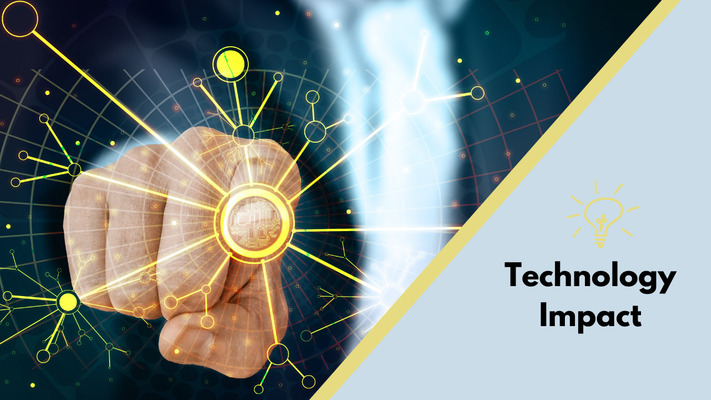
Technology has positively affected human life by solving problems associated with everyday life, and making it easier for different tasks to be completed. In the future, cutting edge technologies and accelerating change will provide us with challenges as well as opportunities. In fact, many children at school today will work in jobs that do not yet exist!
Through a PBL approach students will discover “How does technology impact our everyday life?”.
Students will investigate about technological innovations, its advantages and disadvantages, as well as the way it impacts the society, the environment and our health. Besides creating presentations, videos, posters and/or infographics, students will participate on STE(A)M activities and academic debates. They will collaborate on both national and international teams, tutored by the teachers.
The students works and conclusions will be compiled in a digital final product (ebook or emagazine).
Aims
- Social skills: collaborative work with students from other schools;
- ICT skills: using digital collaborative internet tools;
- Language skills: communicating in English and in their mother language and appreciating the diversity of languages in Europe;
- Explore the advantages and disadvantages of technological innovation;
- Understand the impact caused by the exploration of natural resources necessary to technological innovations;
- Raise awareness on the importance of a sustainable development to achieve the goals on the 2030 Agenda;
- Recognize the values of different cultures and traditions;
- Encourage creativity in designing the project products;
- Develop critical thinking and problem solving;
- Improve self-confidence to be able to present the tasks to classmates or partners.
Key competences
- Literacy competence;
- Multilingual competence;
- Digital competence;
- Scientific and digital literacy
- Citizenship competence;
- Competence in cultural awareness and expression competence.
(http://bit.ly/key_competences)
Expected results
- Activities are registered in the project’s Twinspace.
- Schools’ website have information about the project.
- The families of the students are informed and have access to visualize the activities of their children.
- Resume of online events (chat and/or online meetings).
- Communication between students - Forum pages used as a communication tool among students.
- Photographs showing the pupils’ contribution to the project with explanation (respecting the GDPR).
- Final product: emagazine
It is also expected that students and teachers improve their skills:
- Students: ICT skills, civic skills, entrepreneurship skills, collaborative skills, scientific and digital literacy and active citizenship.
- Teachers: digital and collaborative skills, as well as communication in a foreign language.